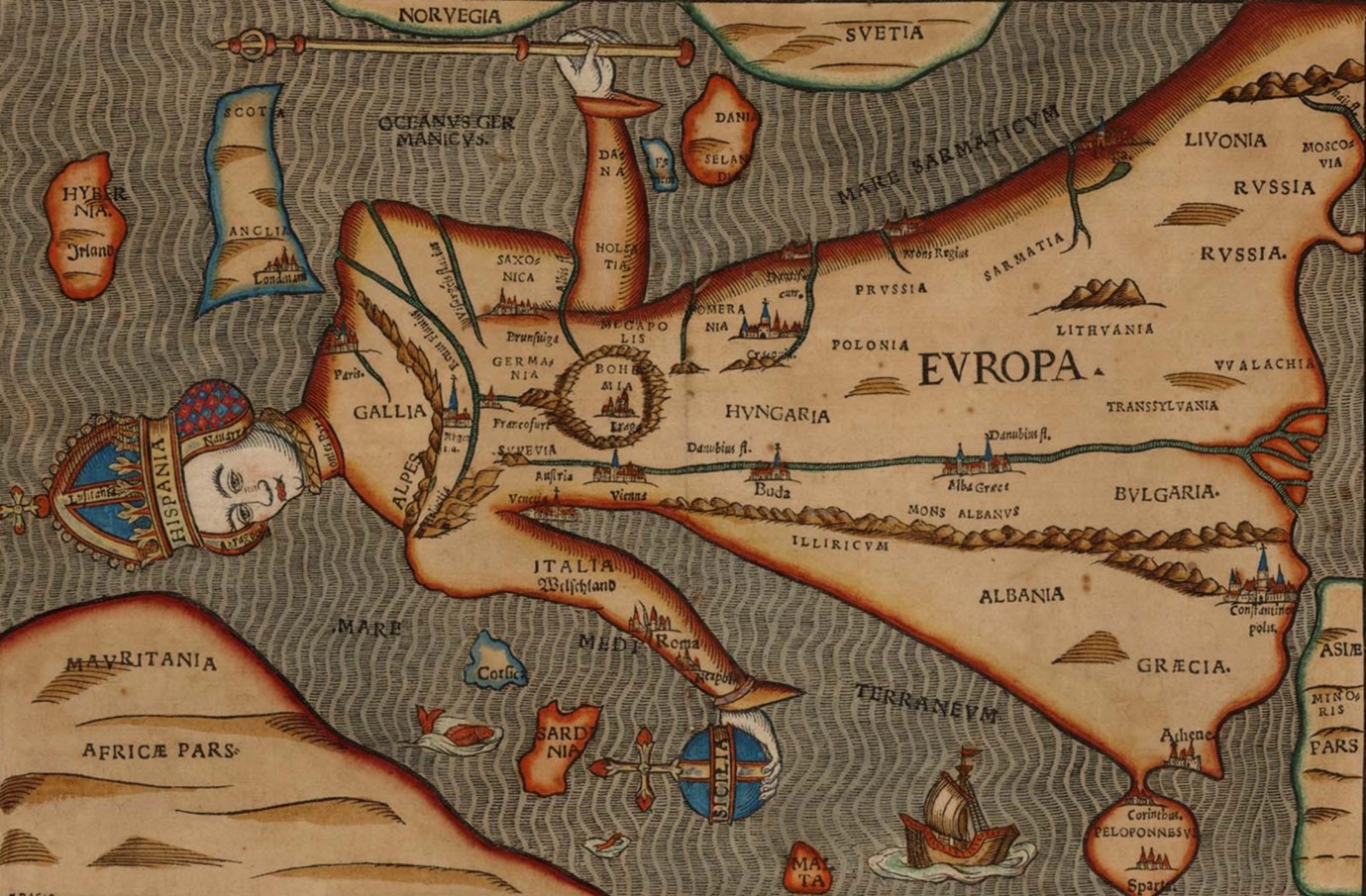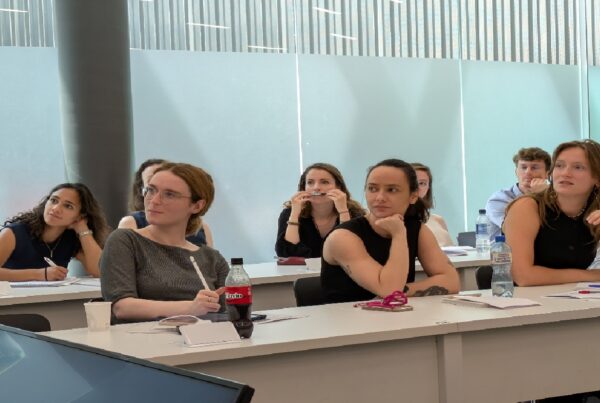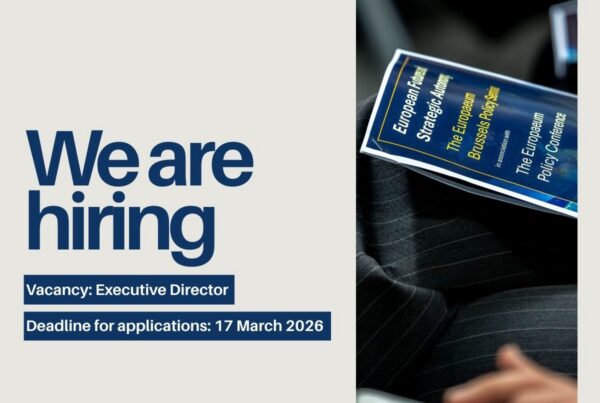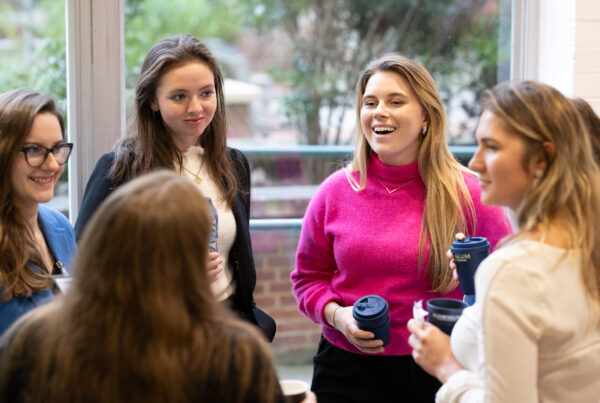
Europaeum History Seminar:
The Future of the European Past
University of Oxford | 27 – 28 November 2025
Planned keynote speakers: Professor Natalia Nowakowska (Oxford) and Dr Philip Mansel
The study of European history stands at a critical juncture. Traditionally centred on national narratives and Eurocentric perspectives, historical scholarship in European universities now faces profound challenges both from within and without. The rise of global history has rightfully “provincialised” Europe in historical narratives, while the development of European institutions since 1945 has created new frameworks for understanding shared continental experiences that transcend national boundaries.
This Europaeum History Seminar invites critical reflection on how European history is researched, taught, and conceptualised in contemporary academia. It asks whether the post-1945 project of European integration has fostered a distinctly European “historical consciousness” that did not previously exist—and if so, how we might characterise, study, and critique it.
Key questions for discussion include (1) how national historical traditions continue to shape historical research within European universities; (2) how the emergence of transnational European institutions has influenced historical scholarship; (3) how far a pan-European historical consciousness has emerged; and (4) how does it interact with national and global perspectives? The seminar also invites participants to reflect on how European historians should respond to the relative decline of Europe’s global influence in the 21st century.
The concept of European “historical consciousness” itself requires interrogation. Is it merely an elite project tied to political integration, or does it represent deeper cultural and intellectual currents? How do marginalized histories—of minorities, migrants, colonised peoples, and others—fit within or challenge this consciousness? Does European historical consciousness reinforce or undermine Eurocentrism in global historical narratives?
Methodologically, this History Seminar will explore innovative approaches to researching European history and Europe-wide institutions, from traditional archival work to digital humanities, oral history, and interdisciplinary collaborations. It will examine how teaching practices, museum exhibitions, heritage policies, and public commemorations reflect and shape understandings of Europe’s past.
We invite applications from master’s and doctoral candidates at Europaeum member universities in History, Education, Literary Studies, European Studies, Politics, Heritage & Museum Studies, and other disciplines who wish to join the discussions or to present a 15-minute paper based on their research.
We especially welcome proposals for papers addressing the theme in relation to the following topics:
- The politics of European history in the academy and in contemporary public discourse
- The evolution of European history curricula since 1945
- Comparative studies of national historical narratives within Europe
- The impact of EU funding and initiatives on historical research
- Colonial legacies and decolonial approaches to European history
- Digital approaches to studying European historical consciousness
- Historical memory and commemorative practices across European borders
- The role of museums and heritage sites in constructing European identity
- Teaching European history in diverse classrooms
- European history in relation to global and transnational frameworks
Participants will join lively working groups during the event and hear from experts in their field from the University of Oxford and beyond. Successful applicants will be provided with free accommodation and board, and reimbursed reasonable travel expenses.
Please see our guidance for applicants and should you decide to apply, please download an application form, complete and return it to applications@europaeum.org. For more information about how to apply and about taking part in our events, please see our core activities’ webpage.
Applications should include the Europaeum application form, a brief CV, a statement of purpose (up to 500 words), and a reference letter from their supervisor or academic advisor. Those who wish to submit a paper should also add a short abstract of the proposed paper (up to 500 words).
Deadline for submission of applications and abstracts: 25 July 2025.
All submissions should be sent to applications@europaeum.org.



